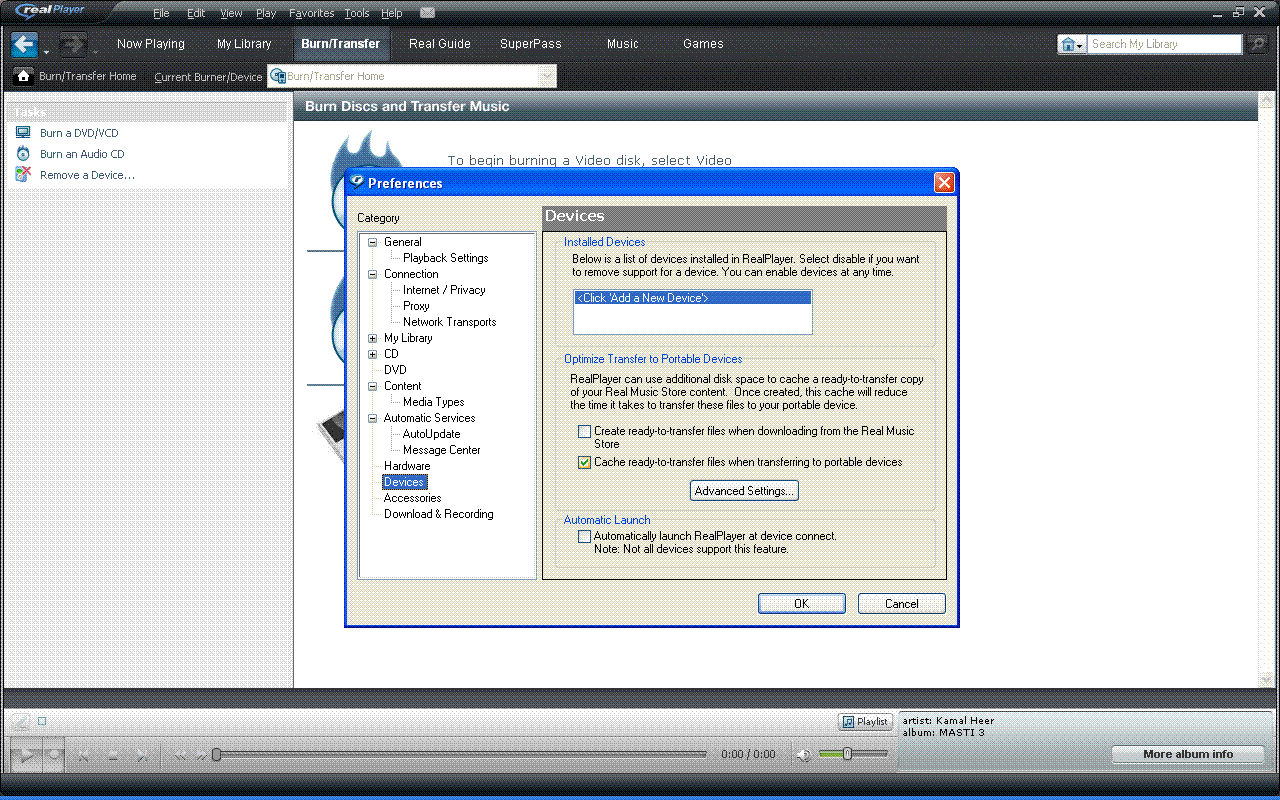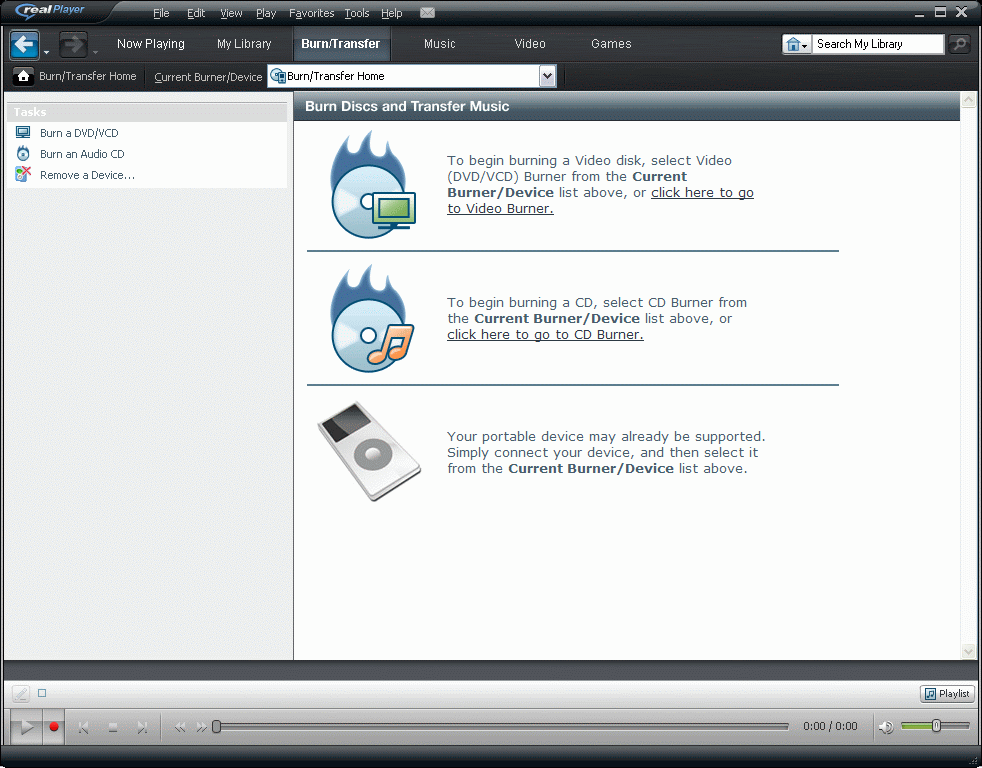

The SAFR platform was updated in 2020 with COVID-19 response features, including the ability to detect whether a person is wearing a mask and identify people wearing masks with 98.85 percent accuracy. Launched by RealNetworks on July 17, 2018, SAFR – Secure Accurate Facial Recognition, is a machine learning facial recognition platform. RealNetworks has its headquarters in Seattle, Washington, in the Home Plate Center building in SoDo across from T-Mobile Park, sharing the building with local television station KING-TV and Logic 20/20 Consulting. Notable RealNetworks employees have included Alex Alben the first Chief Privacy Officer of Washington State Tony Fadell, the inventor of the iPod musician Daniel House and Philip Rosedale, the founder of Linden Lab. The company introduced a mobile phone app called Listen in April 2014 that plays custom ringtones to those calling the user's phone. In July 2013, RealNetworks acquired Slingo for $15.6 million. On April 6, 2010, Rhapsody was spun off from RealNetworks. The domain attracted at least 67 million visitors annually by 2008, according to a study.
REALPLAYER HAS STOPPED WORKING 10 WINDOWS
After some initial tries to push their own DRM scheme (named Helix DRM) onto all device manufacturers with the Creative Zen Xtra and the Sansa e200r as the only existing compliant devices, they sparked controversy by introducing a technology called Harmony that allowed their music to play on iPods as well as Microsoft Windows Media Audio DRM-equipped devices using a "wrapper" that would convert Helix DRM into the two other target DRM schemes. In January 2004, RealNetworks announced the RealPlayer Music Store, featuring digital rights management (DRM) restricted music in the AAC file format. It offered streaming music downloads for a monthly fee. In August 2003, RealNetworks acquired 's Rhapsody music service, and renamed it RealRhapsody. In October 2005, Microsoft agreed to pay RealNetworks $460 million to settle an antitrust lawsuit. In 2002, a strategic alliance was formed between RealNetworks and Sony Corporation to expand collaboration. On December 4, 2001, the company was to launch the first coordinated effort to sell and deliver music from major record labels over the Internet, part of a broader initiative by the company to develop subscription Internet services aimed at Web users with fast Internet connections. regarding the that company's product designed to convert Real Audio (.rm) formatted files to other formats. in January 2000, RealNetworks filed an injunction against Streambox, Inc.

As servers from Microsoft and Apple became more capable, Real's server sales inevitably eroded. ĭespite this success, problems arose because RealNetworks's primary business model depended upon the sale of streaming media server software, and Microsoft and Apple were giving those products away. According to some accounts, by 2000 more than 85% of streaming content on the Internet was in the Real format. They announced streaming video technology in 1997. RealNetworks were pioneers in the streaming media markets and broadcast one of the earlier audio events over the Internet, a baseball game between the New York Yankees and Seattle Mariners on September 5, 1995. Progressive Networks became RealNetworks in September 1997, in advance of the company's initial public offering (IPO) in October 1997 when shares of the company started trading on Nasdaq as "RNWK".

It evolved into a technology venture to leverage the Internet as an alternative distribution medium for audio broadcasts. The original goal of the company was to provide a distribution channel for politically progressive content. RealNetworks (then known as Progressive Networks) was founded in 1994 by Rob Glaser, an ex- Microsoft executive, and a management team including Phil Barrett, Andy Sharpless, and Stephen Buerkle.


 0 kommentar(er)
0 kommentar(er)
